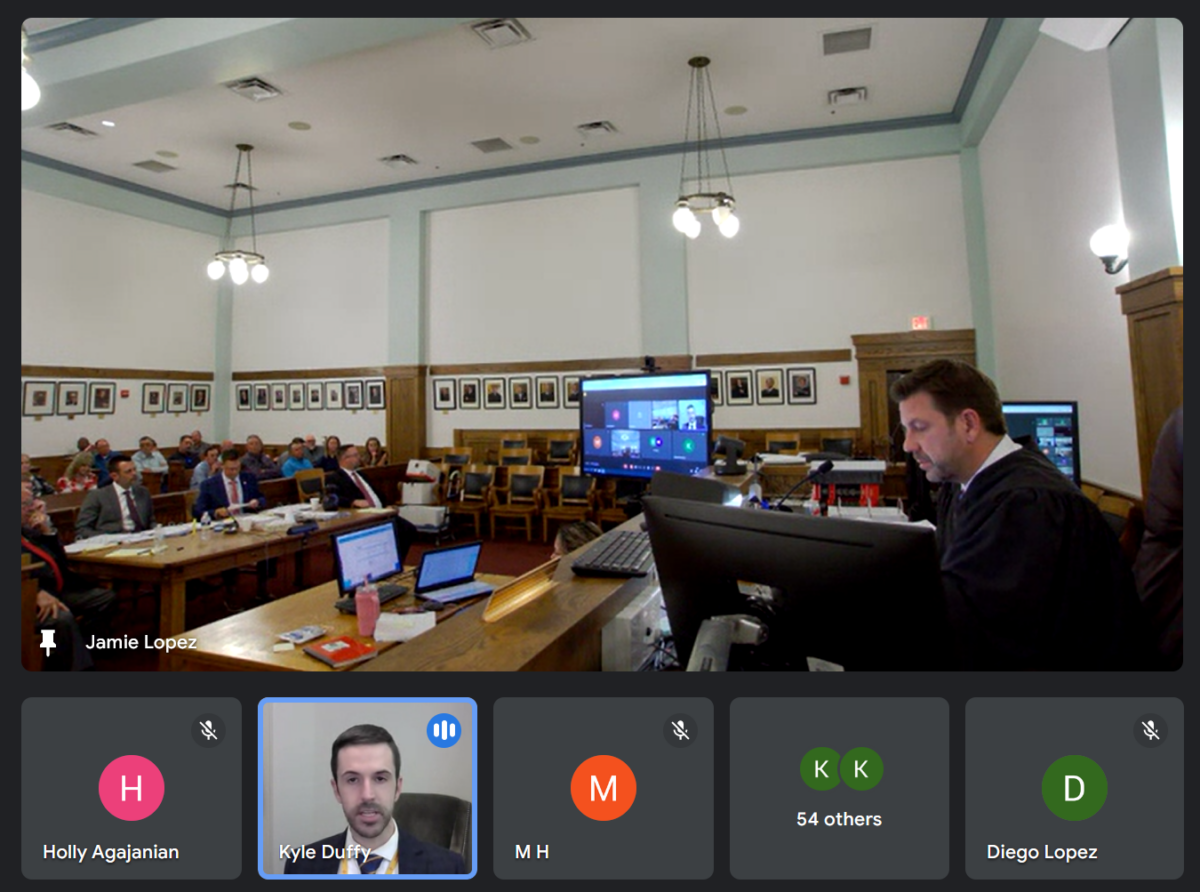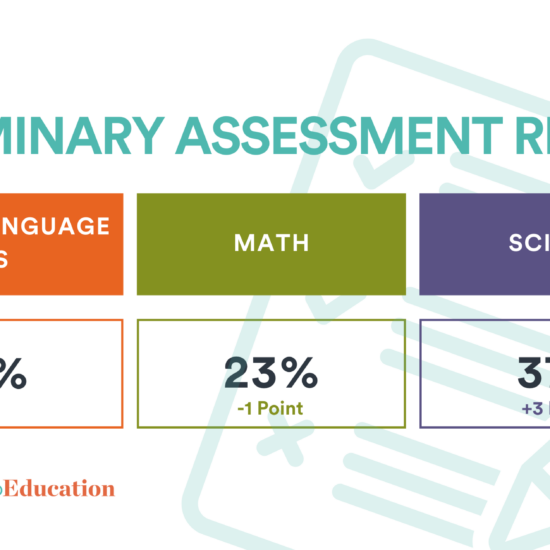
After a nearly seven-hour hearing, the Ninth Judicial District court issued a preliminary injunction against the New Mexico Public Education Department’s (PED) newly proposed rule that sought to enforce a 180-day instructional year for public schools across the state.
Because of the court’s decision, the PED’s rule to bring every school district to a 180-instructional day calendar cannot be enforced. The case was presided over by Fifth Judicial Court Judge Justin K. Hunter, who took the case after all judges in the Ninth Judicial District recused themselves.
The court’s decision came after a heated hearing that showed deep legal and practical concerns about the rule’s alignment with existing state laws, and its abrupt implementation schedule that plaintiffs argued would have been impossible to meet given budget deadlines.
The rule, which was set to take effect on July 1, was contested on grounds that it directly contradicts the legislative intent historically rooted in instructional hours rather than days in House Bill 130. This clash comes at a time the state faces a dismal reading and math proficiency rate among students.
During the proceedings, the plaintiffs—representing various school districts and the association of superintendents—argued that the PED’s rule not only conflicts with current state law, which specifies instructional hours not days in school calendars, but also disregarded the legislative process by failing to secure necessary funding for such a large change to small school districts. Plaintiffs said that no additional funds were appropriated for increased transportation, food service, and operational costs, which they argued would inevitably accompany the expansion to a 180-day calendar. The lack of funding was a critical point, with Judge Hunter suggesting that the legislature did not endorse such an expansion.
In response, attorneys from the governor’s office defended the rule as a necessary step to improve educational outcomes in New Mexico, which is consistently ranked near the bottom nationally in educational performance. The attorneys cited studies suggesting that more instructional days could enhance learning.
However, the court sided with the plaintiffs. The judge pointed out that the New Mexico legislature had specifically removed a similar days requirement in a previous statute, indicating a clear legislative choice against mandating a fixed number of school days.
Judge Hunter said that such a fundamental change should not be instigated without explicit legislative backing and proper funding allocations. “The legislature is supreme,” he said.
“This is not an easy matter,” Judge Hunter said before making his decision. He explained that his personal opinion on what’s good, or what’s effective, or what he may think about improving student results doesn’t matter in this case. Judge Hunter said the question he had to answer was, “What did the legislature mean. What did the legislature do?”
The judge’s decision to grant a preliminary injunction reflects a cautionary approach, aiming to prevent irreversible changes and potential chaos within school districts that would have to hastily comply with the new rule. The court has called for further discussions to establish a detailed plan moving forward, which includes setting an expedited trial schedule to resolve the matter conclusively.
“I cannot ignore the fact that in the court’s opinion new rule 6.10.5 NMAC does not comply with the statute, nor does it comply when one considers the legislative history,” Judge Hunter said. “Perhaps the legislature should consider a mandatory number of days. Perhaps that would be a good thing. But that’s not for me to decide.”
Parties will meet again on Wednesday, May 15, at 1 pm for 30 minutes to discuss next steps in the case.







